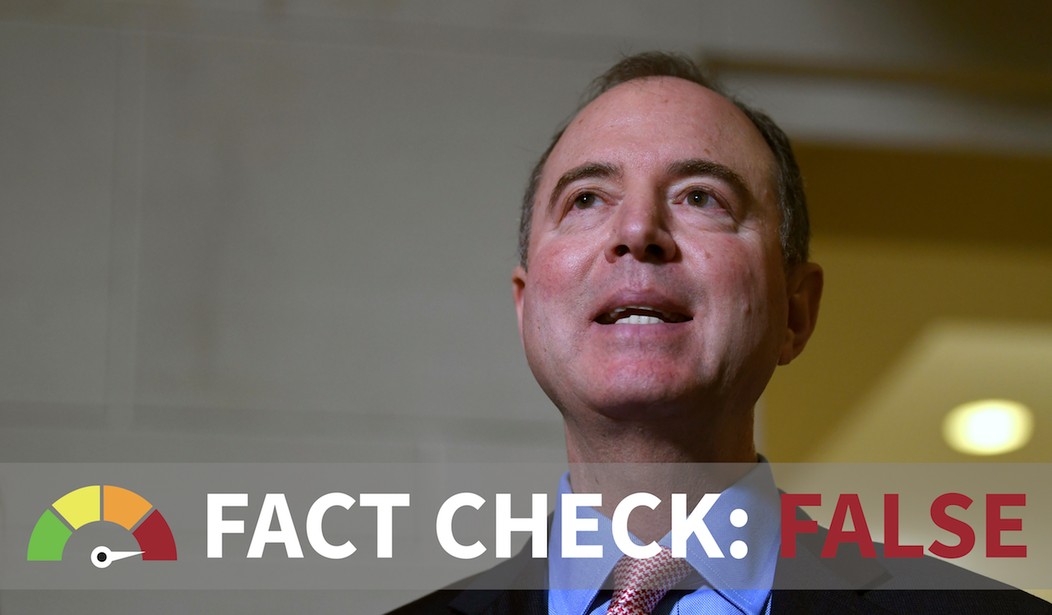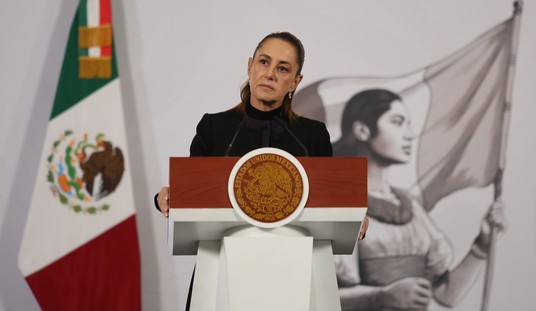In a digital environment in which misinformation and false narratives abound, fact-checkers believe they play a critical role in helping to uphold the integrity of information. However, a recent poll suggests that despite their best efforts, fact-checkers are not as effective in ensuring that people are not fooled by falsehoods as they believe they should be.
The Monmouth University polling hints that a variety of external factors are to blame for the lack of effective fact-checking. It begins by highlighting the reality that a significant percentage of people believe the 2020 presidential election was stolen.
After President Biden won the election nearly three years ago, three of every 10 Americans believed the false narrative that his victory resulted from fraud, a poll found. In the years since, fact checkers have debunked the claim in lengthy articles, corrections posted on viral content, videos and chat rooms.
This summer, they received a verdict on their efforts in an updated poll from Monmouth University: Very little has changed. Three of every 10 Americans still believed the false narrative.
The poll also notes that “the number of fact-checking operations at news organizations and elsewhere has stagnated” and that social media platforms “are showing signs of waning interest” in trying to combat misinformation.
However, perhaps there is a reason why these fact-checking outfits are not generating as much interest as they could be. Maybe those who believe addressing fake news online should consider a more self-reflective approach to figuring out why their efforts are not bearing fruit.
The primary reason why fact-checking isn’t as effective as it could be is because a huge chunk of the population does not trust the fact-checkers – and for good reason. Those claiming to be motivated by a thirst for the truth and a passion for ensuring that people are not deceived are not fooling everybody. It is clear that most of these operations are driven by politics, not a yearning for truth.
Most of the major fact-checking enterprises have a curious penchant for fact-checking information coming from the right while essentially giving carte blanche to blatantly false narratives being disseminated from the left. Monmouth's data mentioned beliefs about the 2020 presidential election but made no mention of the fact that a significant number of Americans still believe that Russia stole the 2016 election for Donald Trump. Indeed, a huge percentage of people still think that Trump colluded with the Kremlin to ensure that he won the race.
Both of these hoaxes have been thoroughly debunked. While it is true that Russia attempted to interfere in the election, there was never any evidence that their efforts were effective enough to actually swing the race in Trump’s favor.
Yet, where were the fact-checkers when Democrats and their close friends and allies in the elite media were continually peddling these lies to the public? What did they do when Democrats used taxpayer funds to put on a whole political circus featuring special counsel Robert Mueller to con the nation into believing their falsehoods?
Exactly. They did nothing.
The reality is that fact-checkers, by and large, don’t exist. Those going under that moniker are not checkers of facts; they are purveyors of propaganda, seeking to discredit information coming from the right regardless of whether it is true or not. Their agenda is to promote the leftist cause, not to make sure people are consuming and believing accurate information.
This is why their efforts have failed – because they were never truly trying to help people be better informed in the first place.
Unfortunately, the misinformation and disinformation problem still exist. Deceptive narratives are being perpetuated by folks on both sides of the political divide. Unfortunately, we have no entities or authorities we can trust to help us discern falsehoods from truths. This means that it is up to us to educate ourselves on how to make sure we are not being deceived by bad actors -- regardless of which team they are on.














